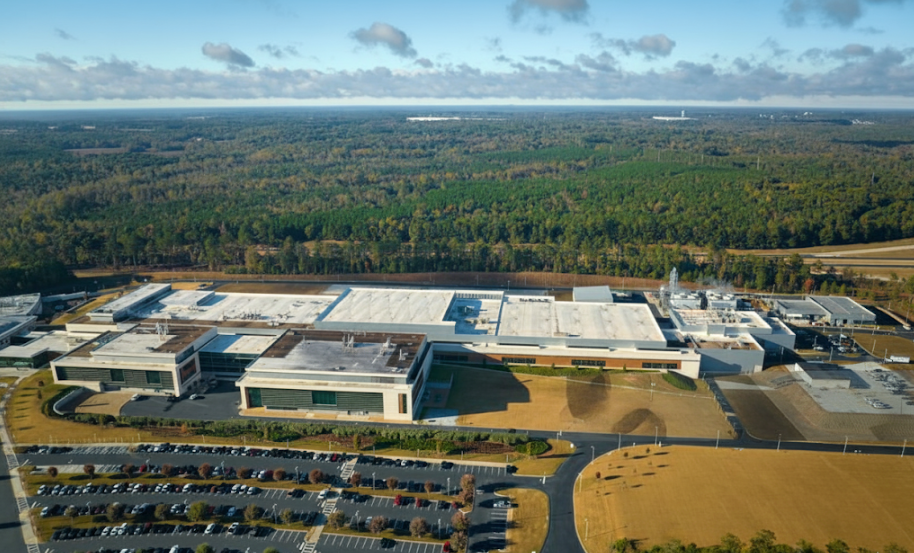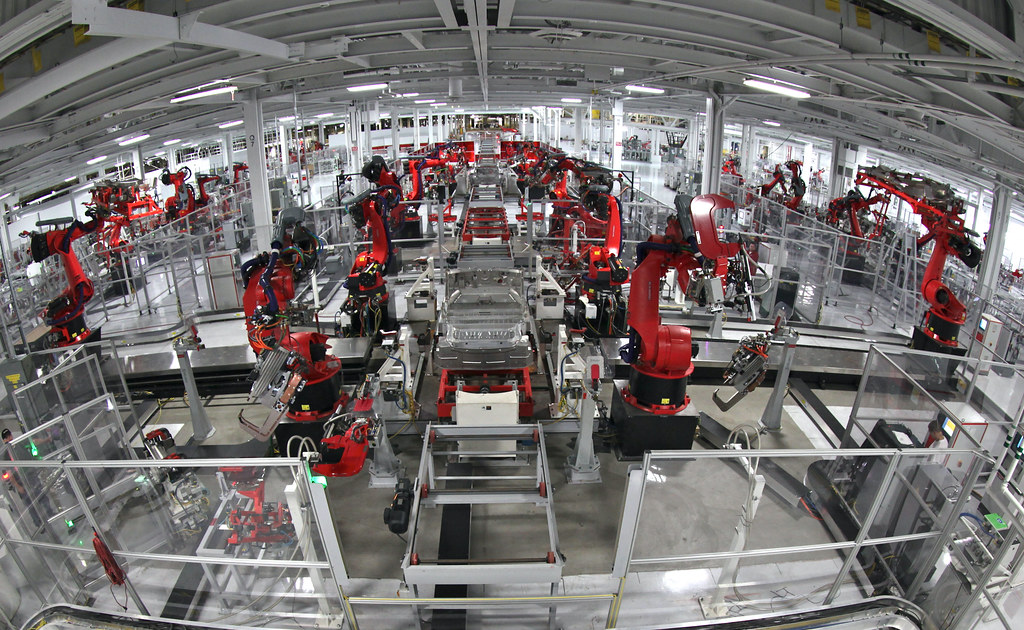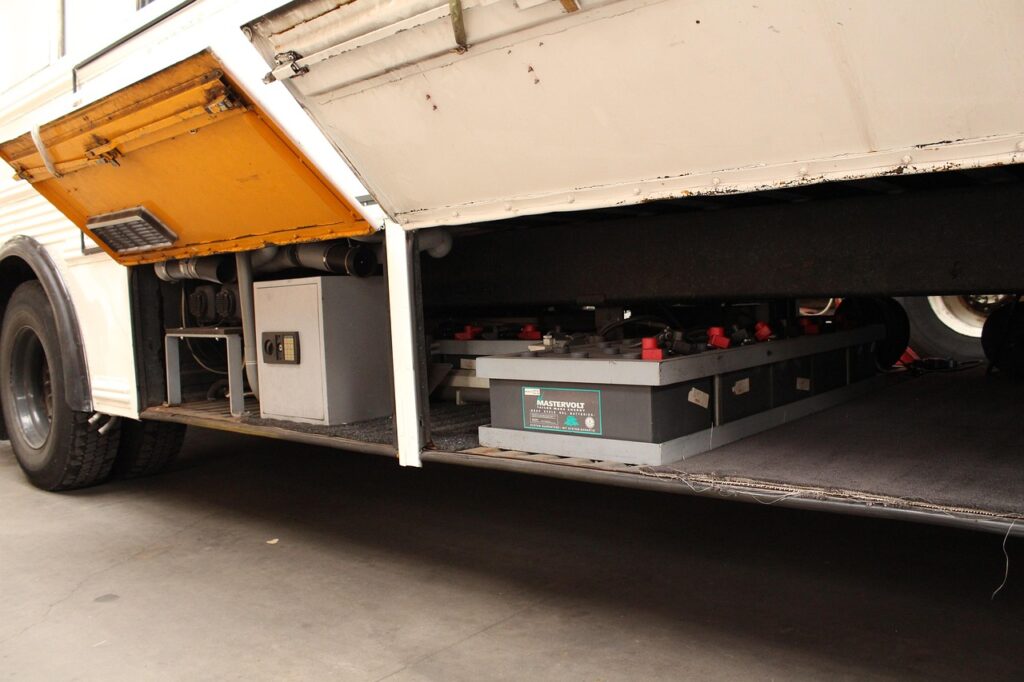Scout Motors to Invest $300M in South Carolina Supplier Park: A Big Step for EV Supply Chains

Introduction
The news today on the part of Scout Motors is a significant milestone for the EV sector in the U.S. The company is doubling down on domestic manufacturing by investing, $ 300 million in a supplier park in Blythewood, South Carolina. Not only is this move accelerating the preparation of their production, but it is also likely the first indication of a belief in the future of electric trucks and American SUVs.
What the Supplier Park Is
- Scout new Supplier Park would be next to their current output facility at Blythewood and occupy approximately 200 acres
- It will contain more than 2.3 million square feet of area on three key centers:
- A Just-in-Time (JIT) sequencing and landing parts facility to complete parts of the final vehicle assembly.
- A Battery Assembly facility that would be used to assemble batteries in large quantities
- Accessories Building that specializes in vehicle accessories upfitting and vehicle accessories installation..
- The agents that were given the construction contract are Evans General Contractors and PRP Real Assets as the project advisor.

Why This Investment Matters Now
- Domestic Supply Chain: Vehicle Electrics EVs: Accessibility of strong battery parts and accessory components is vital. Locating these facilities next to its production line will help Scout reduce the delays, save on transport costs, and improve quality control over its operations.
- Creation of jobs: It is hoped that job creation will boost approximately 1,000 jobs in South Carolina, owing to the supplier park.
- Economic Multiplier Effect: Investment Supreme. The contracts with suppliers who got early bids already are approximately $368 million. They will trickle down to local furnishing suppliers, logistics providers, building, and services, among others.
- Scout Strategy 2027 Production: Scout plans to start the production of the Traveler SUV and the Terra truck in 2027. An established supplier infrastructure will assist in reaching such a target and provide a more painless ramp-up.

Impacts on Local Community & Policy
- South Carolina as EV Hub: This project will make SC a leading state in EV production, where car manufacturers are already going to produce their cars in the South since there are no tariffs, roads, or people there.
- No New Incentives: Interestingly, Scout notes that this is an expansion involving a $300M (without any new government incentives). That is a presumption in the business case itself.
- Political, Community Support: Gov. Henry McMaster, among the State leaders, has acclaimed the move, citing economic growth and innovation. It is anticipated to present positive impacts on the tax base, employment opportunities, and infrastructure to the local jurisdictions.
Challenges and What to Watch
- Supplier Contracts Finalization: Although the supplier’s initial investments are substantial, Scout must complete numerous contracts to make sure that the supply park will be operational on schedule. The production schedule may experience delays or disruptions in supplies.
- Labor and Skill Availability: It is one thing to make 1,000 jobs available and quite another to staff them with trained employees. Competition among other employers and training of the workforce will be an issue.
- Infrastructure & Logistics: Certain necessities include infrastructure (power, water), transportation (roads, freight access), and environmental clearance of the site in the park. Here, delays or cost run-overs have a tendency to happen with a massive manufacturing expansion.
- Market Dynamics / EV Demand & Policy: Some of the market/EV Demand and Policy factors that will determine the success of the investment by Scout include: EV demand, the Cost of battery materials, and federal/state policy (EV subsidies, State tax incentives, environmental requirements).
What This Means for the EV Market & Competitors
- Benchmark for Others: Scout made its suppliers fundamental to the business, while sinking extensive resources into suppliers with small communities nearby, creating a benchmark that any other EV newcomer or car manufacturer looking to open new facilities can emulate. It might set the stage higher in the degree of vertical integration anticipated.
- Competitive Cost Advantages: Accessories, battery assembly, and parts routing are all in the same locality to save on shipping time and expense. It would enable Scout to compete more cheaply or save a margin in adverse cost conditions.
- Supply Chain Resilience: Battery and semiconductor Global supply chains have been weak, in particular. Such investment will serve to counteract disruptions (shipment delays, tariffs, etc.).
Conclusion
The Scout Motors investment of $300 million in a supplier park in South Carolina is not money spent on a park adding buildings. It is a tangible move towards transforming Scout into a high-end player in the e-vehicle arena.
It has the proximity of suppliers, increased employment opportunities, and enhanced infrastructure construction in line with its vision to start manufacturing the Traveler SUV and the Terra pickup by 2027. It could be jobs and growth to locals, increased standards of domestic ability in the EV market, and watching competitors closely.






